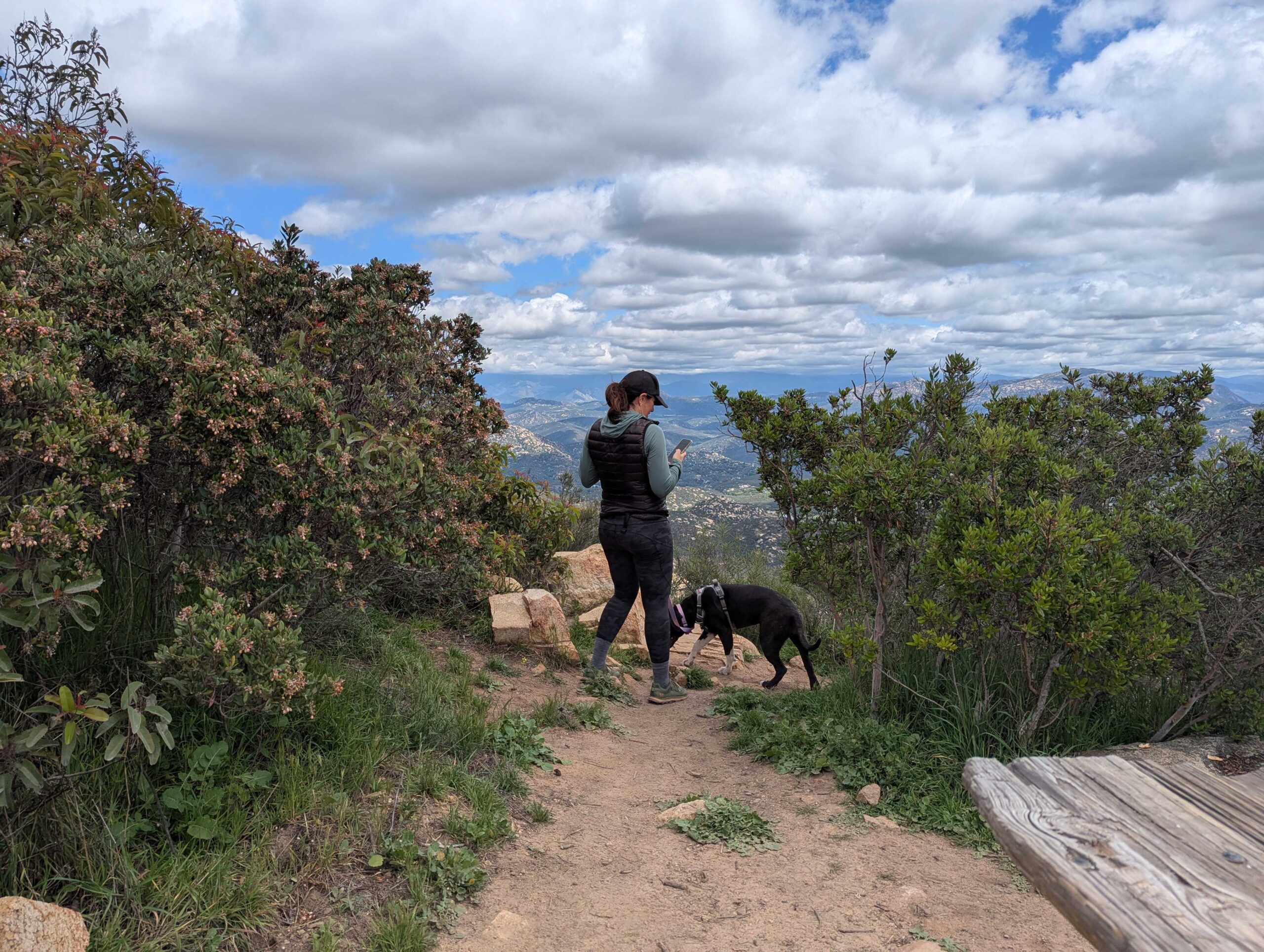Story
Sabbatical Reflections: Why Rest Matters
We need consistent, high-quality sleep. It’s when our bodies rest, and our brains process and rebuild. To bring our best to colleagues and the community every day, we need rest. What’s more, our organizations are better off when we take that time. I’m not talking about a reasonable daily work schedule (though that’s important), I’m suggesting that our people need and deserve significant time away – a sabbatical. If you’re already thinking, “no way,” skip to the end – there’s something for you here, too. But if you are intrigued, keep reading.
As the months ticked by this year, I noticed myself digging deeper, working harder, and drawing more and more from my inner reserves. Never in my career has it felt more urgent to be present and proactive. Our members have redoubled their efforts to make sure people have food, housing, healthcare, and more. Catalyst is helping distribute millions of dollars to nonprofits and convening foundations almost weekly to develop strategies to ensure the sector endures. Our policy work here, in Sacramento, and even Washington, DC, continues to grow. We are working more, not less. And yet, when Catalyst launched its sabbatical program, it was with this very scenario in mind. There will never be a time when it feels right or easy to slow down, but although my commitment had not waned, I was tired.

So I stepped away. Earlier this fall, I took a sabbatical. It was a deliberate pause to rest, reflect, and recharge. And the truth is: taking time off works. It is not indulgent or optional; it is necessary. And it’s important for leaders who value their people to build organizations that are interdependent, not resting on one person’s daily activities.
Catalyst launched its sabbatical program in January 2025 as part of our broader commitment to centering care in the workplace. We want to ensure that after years of commitment, staff can take the time they need to recharge and return with renewed energy and perspective. This program is not just for leadership – I was the fourth person at Catalyst to take a sabbatical. All staff are eligible for one month off after five years with the company, and two months after ten years (and every five years following). This reflects our belief that employee support programs do not compromise quality; they strengthen it.
We don’t ask folks to spend their sabbatical writing, or studying, or developing bold new ideas for the workplace or region—though there’s nothing wrong with that. It is an invitation to do the things that restore you. For me, this meant lots of time outdoors with my dog and lots of time with my two nephews. The experience – both when I felt most removed and when I was most tempted to “just peek at my email or send a quick text to check in” – offered me three key lessons about leadership, trust, and care:
- Set up your organization for success. Preparation matters. Clarify priorities, anticipate what may arise, and ensure your team has the relationships, tools, and authority to move forward confidently in your absence. Make sure the board understands what will be different and is ready to support the team. Side note: this strengthens your organization regardless of who is in or out.
- Trust your team. Step away fully, and no matter how curious you are, do not check in. Important decisions will happen while you are out, and trusting your team to make them is one of the clearest ways to build a strong, empowered team. This also means you must support the decisions your people made while you were out.
- Return gently. Your colleagues were fine while you were gone, perhaps even found themselves more confident and building new skills and relationships. Don’t take everything back immediately. Instead, look for new opportunities for the entire organization.
My sabbatical also reinforced the role philanthropy can play in supporting the nonprofit workforce. Funders can model care, not only for staff and volunteers at the organizations they support, but for the sector as a whole. Unrestricted funding, reasonable timelines, and relationships that reinforce that it is “okay” for employees to step away are critical. When leaders and staff alike have the space to find renewal, the impact ripples far beyond an individual or a single organization.
Your rest might look different than ours, but it still matters. A sabbatical does not need to be the largest or most dramatic version to be meaningful. Even a thoughtfully structured, shorter pause can create space for what a sabbatical intends to provide. Perhaps you are a one-person shop, so when you take a break, the work really does stop. Or maybe you need some time to set people and systems up to continue in your absence. That’s okay! Start with some smaller shifts. You can decide to leave an email until Monday and spend the weekend doing something for yourself; read a novel instead of a newspaper on your vacation; or just let a moment pass in conversation, knowing that opportunities to teach and learn will come again.
When we care for ourselves and for each other, we are looking at our commitment to communities as long-term work that requires us to stay healthy and present. Centering care is not simply a policy or a program. It is a practice and a choice, and it has the power to transform both our organizations and teams from simply getting things done to creating spaces for sustainable change and meaningful possibility.